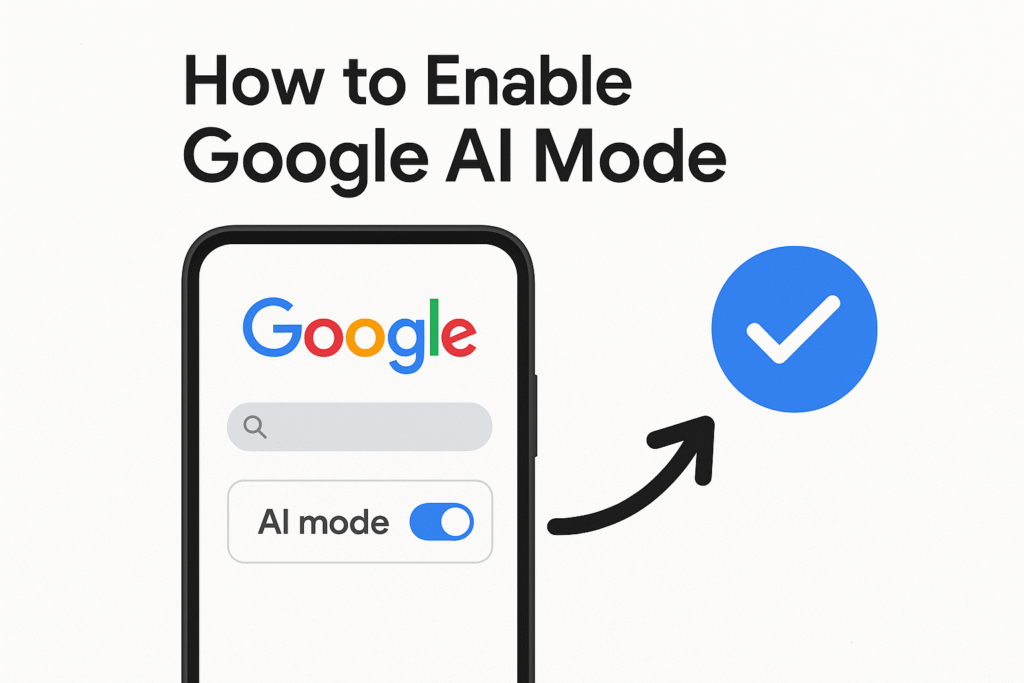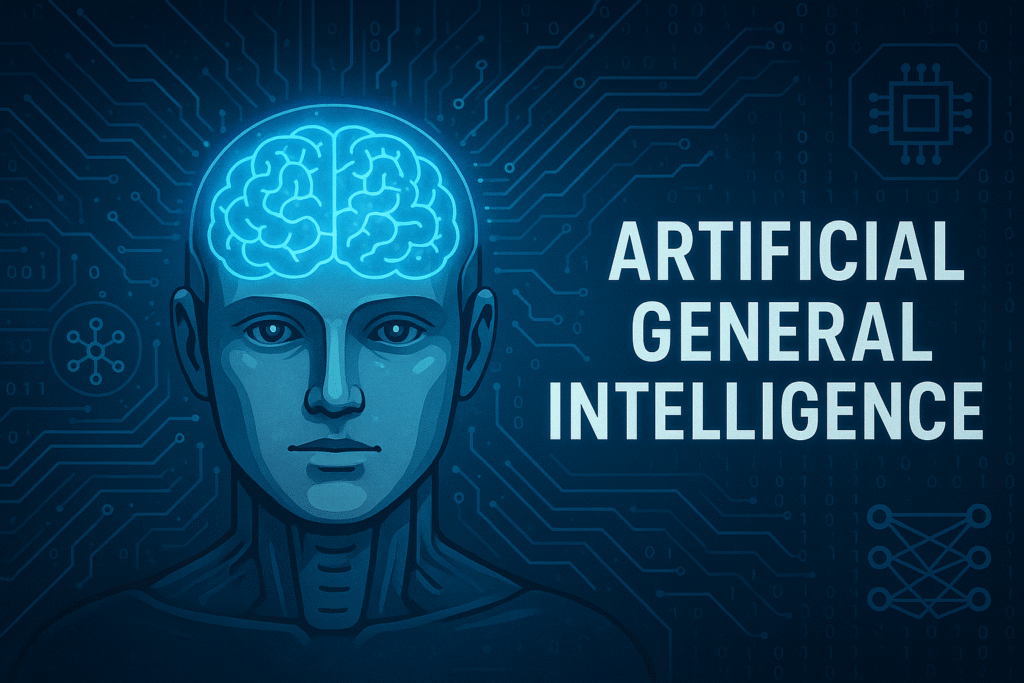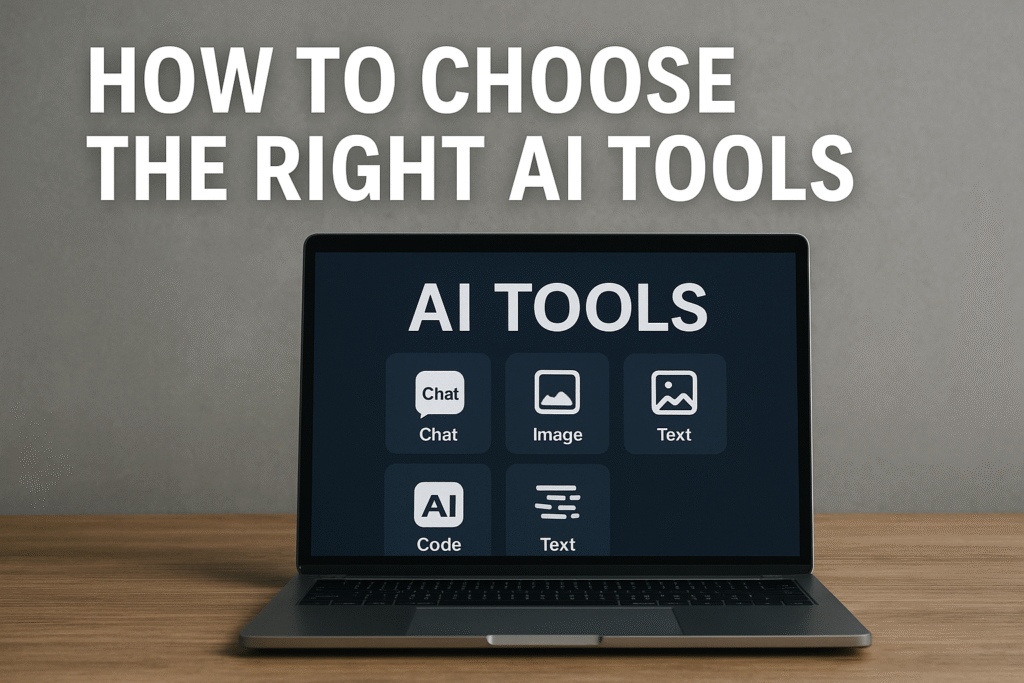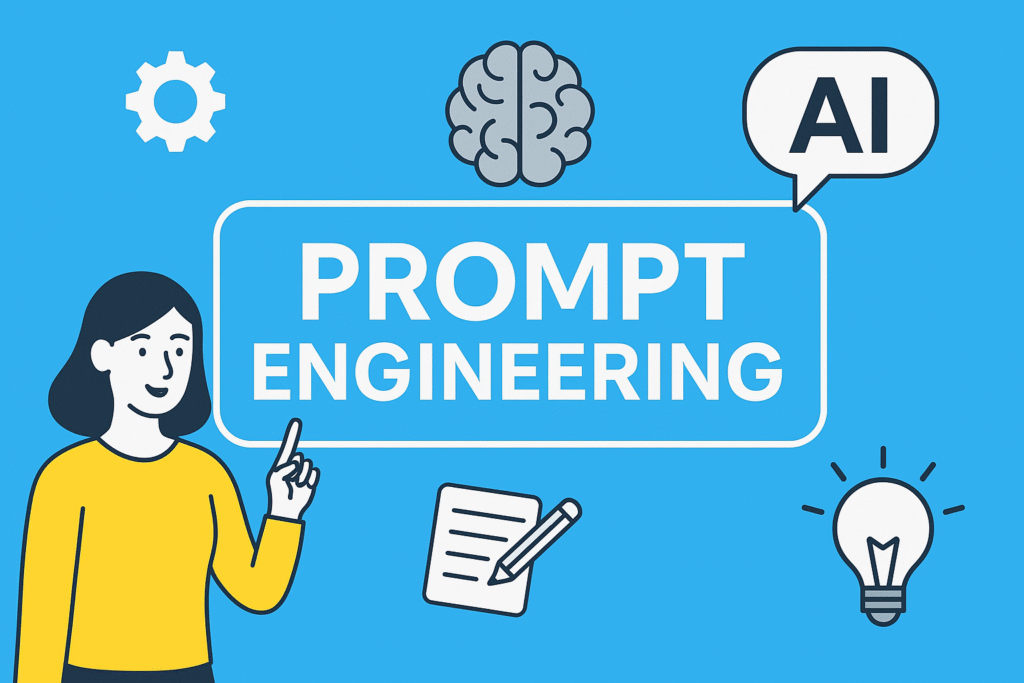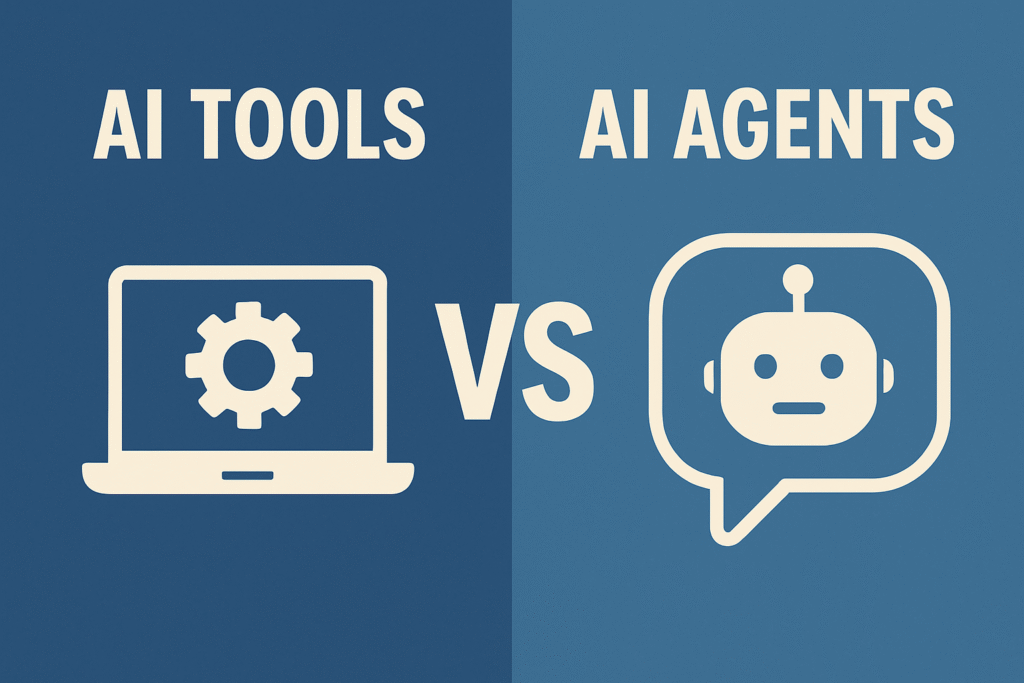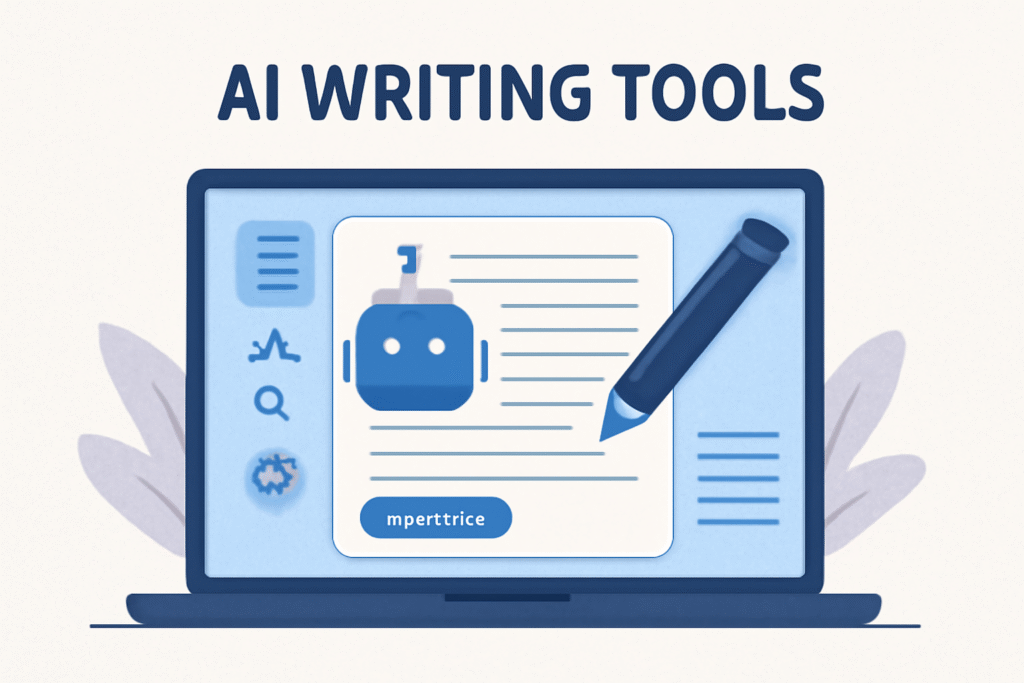Long back when I started my business, I was handling everything manually and was unaware about the advantages of Artificial intelligence in daily work. From customer complaints to marketing, I was looking at everything by myself.
Then, I decided to use an AI-powered chatbot. Almost immediately, it automated the routine questions customers had, and due to its efficiency, it freed up a lot of my time to use it in other areas.
Now, I use AI in my business and marketing. It has helped me target the correct audience by analyzing previous trends. My campaigns became more effective, and I saw a rise in conversions.
Another game-changer was AI-powered analytics. AI helped me spot trends, make better decisions, and optimize my processes.
After this transformation, I can’t think of not using AI to tackle the mundane work. It has helped me save time and make better decisions, and finally I can now focus on matters that truly require my time.
With changing times, AI is becoming the key to remaining relevant in the business, making the previous process more efficient and effective. AI is no longer a futuristic technology that is far-fetched; it is the present reality and will only continue to thrive in the future.
Therefore, I would like to talk about how AI is used across various businesses to improve efficiency and productivity:
1. Improve Customer Service with AI Chatbots
AI-powered chatbots are now a standard. These bots can handle a variety of customer complaints, providing instant responses to generic and routine questions.
Example: Companies like Zendesk and Intercom offer AI chatbots that handle everything from simple FAQ responses to more complex troubleshooting, improving customer satisfaction and reducing the workload on human agents.
2. Automate Data Analysis
AI can process large volumes of data in seconds, which would take hours otherwise. By automating this manual process, businesses can get actionable insights quickly and use them to make informed decisions.
Example: Google Analytics 360 uses AI to analyze website traffic and customer behavior, helping businesses optimize their online presence and reduce costs.
3. Decision-Making with AI-Driven Analytics
AI can help businesses make data-driven decisions. The tools analyze data and present insights that can be further acted upon, making it simpler and easier to take further steps necessary.
Example: Power BI by Microsoft uses AI, helping businesses identify trends, forecast future outcomes, and make more informed decisions.
4. Gain Deep Customer Insights with AI
AI can process data from the customers previous interactions with the system and provide data regarding their preferences, buying patterns, and recommendations.
Example: Salesforce Einstein helps businesses analyze customer data and predict future buying behaviors, enabling companies to tailor their strategies accordingly.
5. Strengthen Fraud Detection with AI
AI tools can recognize patterns and abnormalities, which makes them a valuable fraud-detecting mechanism. They can learn from past data sets and point out irregular and suspicious behavior in the present.
Example: PayPal uses AI to detect and prevent fraudulent transactions, ensuring safer online payments for users and businesses.
6. Create Personalized Marketing Campaigns
AI can analyze customer data and create personalized marketing campaigns, improving customer engagement and conversion rates.
Example: HubSpot uses AI to send personalized email campaigns based on customer behavior, ensuring the right message reaches the right person at the right time.
7. Offer Tailored Product Recommendations with AI
AI-powered recommendation engines use the previous customer interaction data to suggest products or services that they are most likely to buy, increasing sales and customer satisfaction.
Example: Amazon and Netflix are prime examples of how AI-driven recommendations boost user engagement and increase sales by suggesting products or movies based on past behavior.
8. Automate Content Creation
AI can be used to generate content, such as blog posts, social media updates, or even product descriptions. This helps marketers and businesses to maintain a steady level of content.
Example: Tools like Jasper AI help businesses generate content quickly, enabling content teams to focus on strategy and creativity while AI handles the bulk of writing.
9. Supply Chain Operations
AI can also be used as a predictive analysis tool, which can help predict the supply chain disruptions, and on the basis of the trends and data set found, it can help improve inventory management and demand forecasting.
Example: IBM Watson helps companies in industries like manufacturing and retail optimize their supply chains by predicting demand patterns and automating inventory management.
10. Enhance Employee Productivity with AI Assistants
AI-powered assistants can handle repetitive and mundane work like scheduling meetings and manage calendars so that the employees get more time to focus on critical work.
Example: Google Assistant and Microsoft Cortana are popular AI tools that help employees streamline their tasks, boosting overall productivity.
Conclusion
AI is revolutionizing how businesses used to operate; from traditional way to analyze raw data manually, to automation processes. AI can make them far more effective and efficient. It can help a business gain a competitive advantage and stay ahead of the game.
FAQs
1. How can AI improve customer support for small businesses?
AI-powered chatbots and helpdesk tools can automate responses to common customer inquiries, allowing small businesses to provide faster and more efficient customer support without the need for a large team.
2. Can AI help with marketing?
Yes, AI can personalize marketing campaigns, improve email targeting, and even automate social media management, helping businesses reach the right audience with the right message.
3. Is AI difficult to implement in a small business?
Even though it might seem that in small businesses AI integration is daunting or difficult, with the help of augmenting tools like WorkspaceTool, one can easily implement and integrate with the existing business.
4. How can AI benefit businesses in fraud detection?
AI can analyze patterns in transaction data to identify unusual activity, helping businesses detect and prevent fraudulent transactions in real-time.
5. What industries can benefit from AI in 2025?
AI has applications across various industries, including retail, finance, healthcare, logistics, and marketing, offering solutions for automation, customer service, and decision-making.
6. What are the advantages of artificial intelligence in daily life?
AI enhances daily life by automating tasks, improving efficiency, and providing personalized experiences. It also helps in decision-making, improving convenience and productivity across various sectors.



